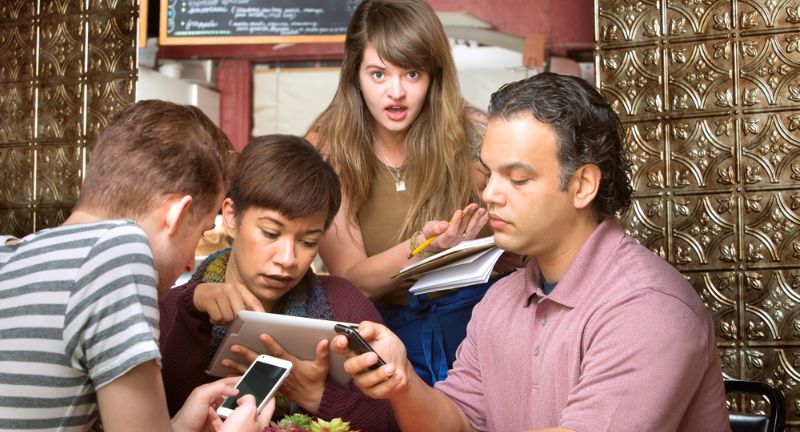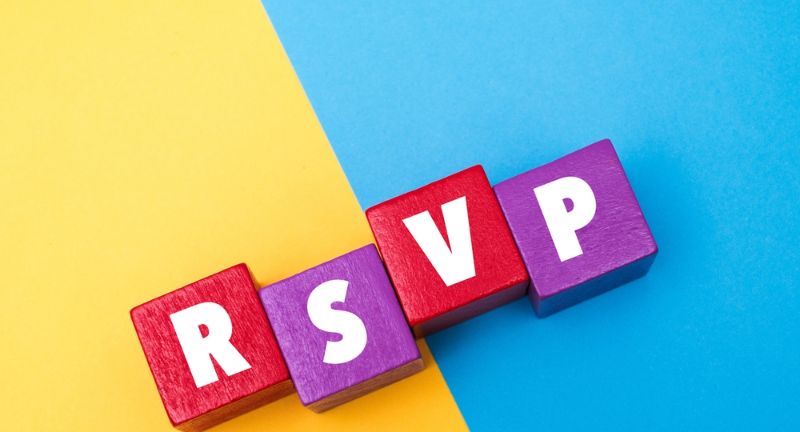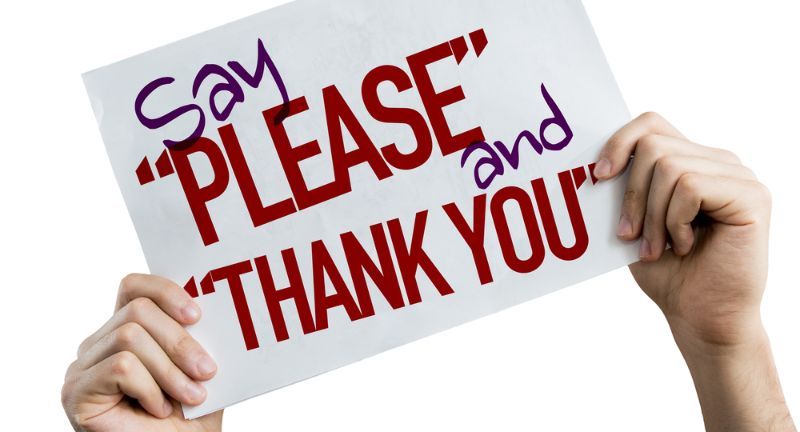NEWS
20 Disrespectful Behaviors That Are Common Now, But Need To End
Published
3 months agoon
Interrupting Others Mid-Sentence

Ignoring Personal Space

Talking Loudly on Speakerphone in Public

Leaving a Mess in Shared Spaces

Overusing Phones During Conversations

Cutting in Line

Blasting Music in Public Places

Talking Over Others in Meetings

Being Chronically Late

Refusing to Acknowledge Service Workers

Littering Public Spaces

Ignoring Invitations or RSVPs

Leaving Conversations Without Explanation

Not Saying “Excuse Me” or “Sorry”

Constantly Canceling Plans Last Minute

Talking on the Phone in Quiet Spaces

Neglecting to Say “Please” and “Thank You”

Oversharing Personal Information Online

Forgetting to Return Borrowed Items

Refusing to Take Responsibility for Mistakes

Conclusion

More From Local News X
-


20 Surprising Things New Owners Often Don’t See Coming
-


24 Holiday Dishes That Ruled the 1980s
-


21 Disturbing Ways Gen Xers Are Hurting Their Kids’ Financial…
-


18 Ways to Detect Water Damage in Your House
-


16 Reasons Why Baby Boomers Are Despised by Younger Generations
-


25 Shocking Discoveries Made In The Last 25 Years
-


Orange County Sheriff discusses case of two-year-old who shot and…
-


Millennial Meltdown: The Surging Crisis of Car Repossessions
-


Theres a war in our country, Parkland shooting victims father…
-


17 Eye-Opening Outcomes of Cutting Out Alcohol
-


20 Crucial Financial Mistakes Making Gen Z Feel Poor
-


20 Hidden Dangers In Your Home You Should Never Ignore


20 of the Best Grocery Stores in 2025
Grocery shopping is an essential part of daily life, and finding the right store can transform a routine errand into...


20 Clear Signs You Are Likely To Be Unhappy In Retirement
Retirement is often seen as the reward for decades of hard work, but it doesn’t always bring the happiness people...


The 20 Unhealthiest Foods In America Today
While the U.S. offers a wide variety of delicious food, many popular items are loaded with unhealthy ingredients. High sugar...


22 Old Social Norms Which Are Now Ridiculous
Society has evolved significantly over the past century, and with it, many outdated social norms have been left behind. While...
